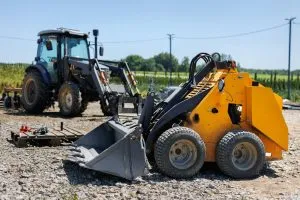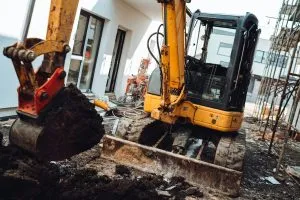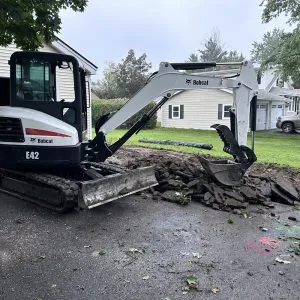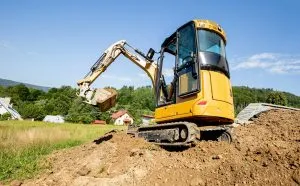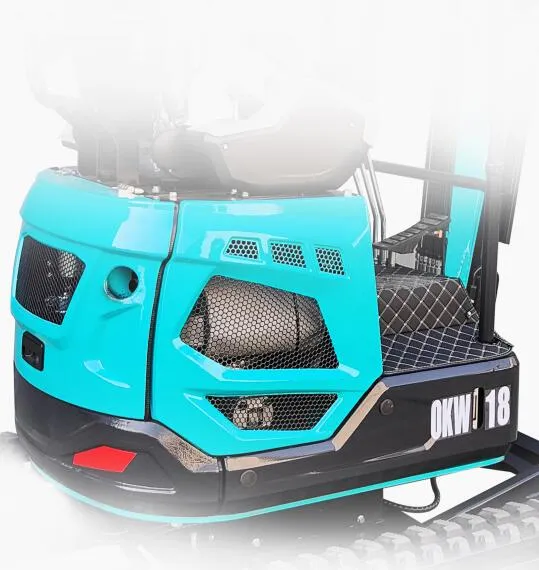On average, you can expect to pay between $3,000 and $20,000 for a new mini excavator. When considering purchasing a mini excavator for your project, there are numerous factors that come into play, determining the final price tag. From brand reputation to the machine’s specifications, each component contributes to the overall cost. Here’s a breakdown of what you should consider when budgeting for a mini excavator.

1. Brand and Quality
Different brands offer varying levels of quality, which reflects in their pricing. Well-known brands often command a higher price due to their reputation for reliability and durability. However, this doesn’t mean that lesser-known brands offer inferior products; it’s important to research and compare the performance and reviews of different brands to find the best value for your money.
2. Size and Capacity
Mini excavators vary in size and capacity, ranging from compact models suitable for small jobs to slightly larger ones that can tackle more significant projects. The size and capacity you need will depend on the scope of your work. A larger machine will, of course, cost more, but it may be a worthwhile investment if it means improved efficiency and productivity.
3. Additional Features
Mini excavators can come with a range of additional features, such as hydraulic attachments, rubber tracks for reduced ground pressure, and advanced control systems. These features can enhance the machine’s performance and versatility, but they also add to the overall cost. Consider which features are essential for your work and which ones you can forego to keep costs down.
4. Used or New?
Buying a used mini excavator can be a cost-effective option, especially for those on a tight budget. However, it’s crucial to inspect the machine thoroughly before making a purchase to ensure it’s in good working order and doesn’t require significant repairs. Buying new, on the other hand, guarantees you a machine in peak condition, but it comes with a higher price tag.

5. Cost of Ownership
When budgeting for a mini excavator, it’s essential to consider the cost of ownership, which includes maintenance, repairs, and fuel consumption. A more efficient machine may have a higher upfront cost, but it could save you money in the long run by reducing these ongoing expenses.
6. Market Conditions
Market conditions, such as supply and demand, can also affect the price of mini excavators. If there’s a high demand for a particular model or brand, prices may be inflated. Conversely, if there’s an oversupply of machines, you may be able to negotiate a better deal.
Conclusion
In summary, the cost of a mini excavator depends on a variety of factors, including brand, size, capacity, features, condition (new or used), cost of ownership, and market conditions. It’s essential to research and compare different options to find the best machine for your needs and budget. Remember, the initial investment is just one part of the equation; it’s also crucial to consider the ongoing costs of ownership to ensure you make a wise financial decision.


